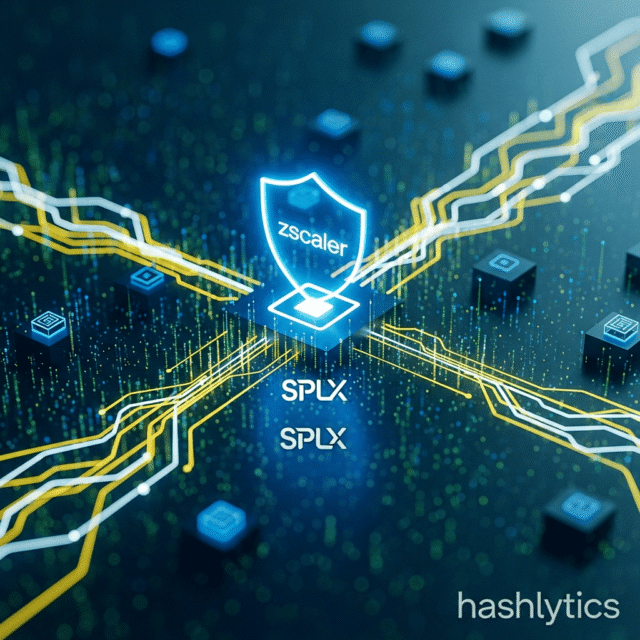What makes this acquisition particularly intriguing is Zscaler‘s holistic approach. By combining their infrastructure-level AI discovery with SPLX’s deep code repository analysis, they’re creating a multi-layered defense strategy that goes beyond traditional cybersecurity paradigms.
Founded in 2023, SPLX has already distinguished itself by developing tools that can:
- Assess AI model vulnerability to jailbreaking
- Test model behavior in sensitive scenarios
- Map AI assets against regulatory frameworks like NIST and ISO
“We view them not as overlaps, but as complementary data collection points,” says Adam Geller, Zscaler’s Chief Product Officer, highlighting the strategic synergy.
The acquisition signals a broader trend in AI security: it’s no longer enough to have point solutions. Enterprises need comprehensive, integrated platforms that can provide continuous monitoring, risk assessment, and actionable insights.
Zscaler’s approach suggests they’re building more than a product—they’re constructing an ecosystem that can adapt to the rapidly evolving AI threat landscape. By connecting directly to code repositories like GitHub, they’re getting upstream visibility that most security platforms miss.
In a market crowded with AI security startups promising the moon, Zscaler is differentiating through depth and integration. Many competitors offer narrow, specialized solutions, but Zscaler is assembling a full-spectrum defense mechanism.
Success, according to Geller, will be measured not just in technological capability, but in delivering a consistent, comprehensible security experience for enterprises navigating the complex world of generative AI.
As AI continues to reshape every industry, security can’t be an afterthought—it must be a core design principle. Zscaler’s acquisition of SPLX is more than a corporate move; it’s a statement about the future of responsible AI development.


